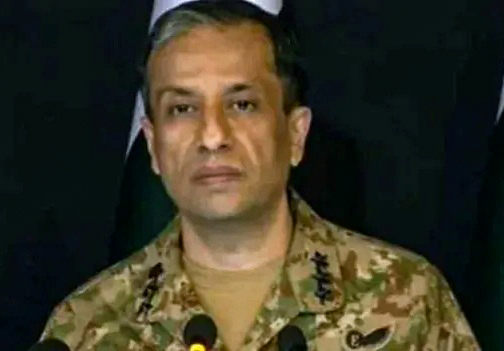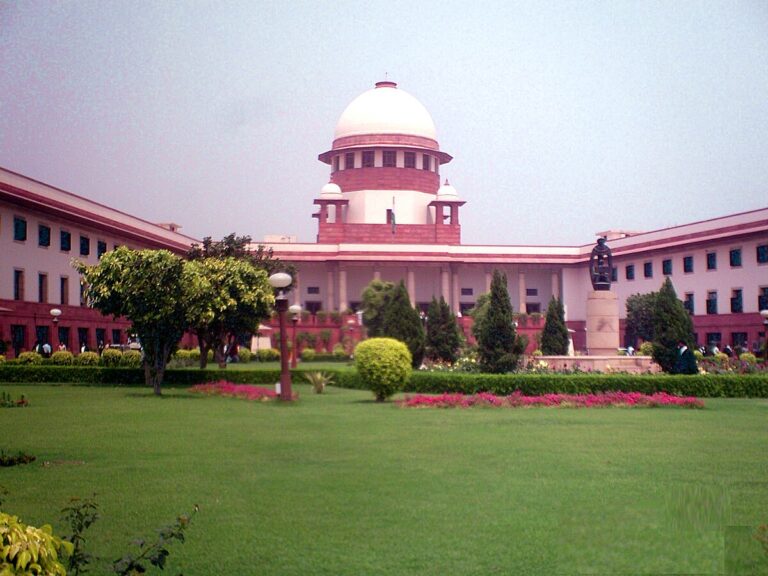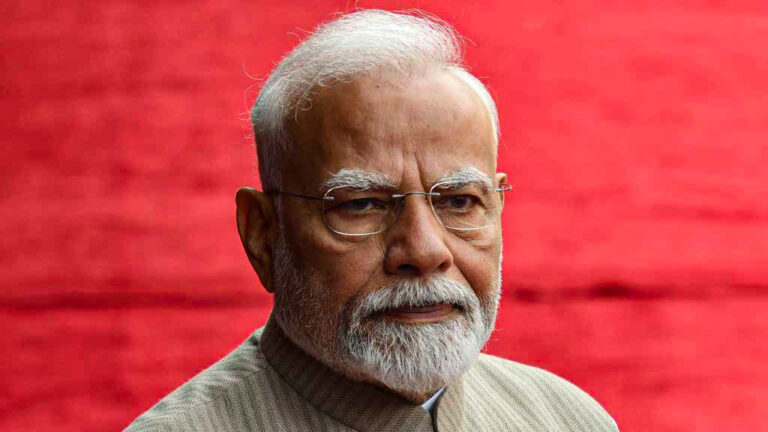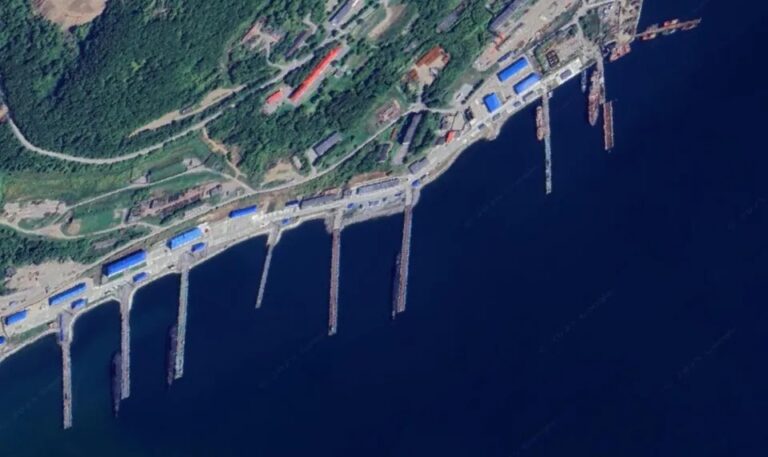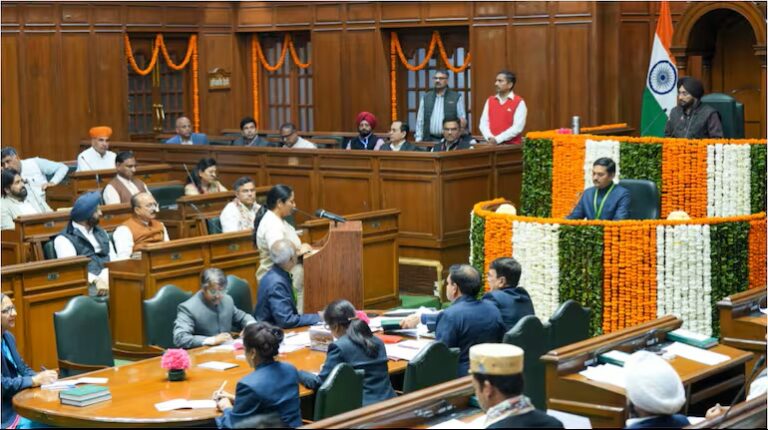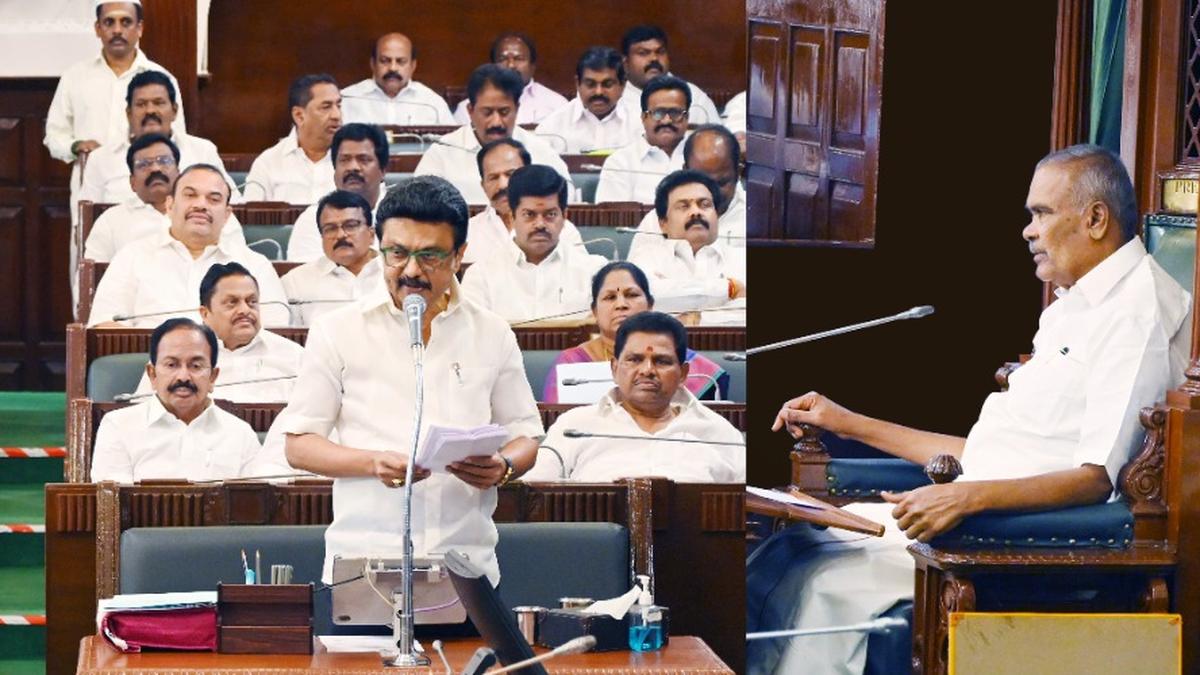
The committee is expected to submit its interim report by January 2026 and the final report within two years.
Tamil Nadu Chief Minister M.K. Stalin on Tuesday (April 15, 2025) announced in the Legislative Assembly the formation of a three-member high-level committee to review the provisions of the Constitution, laws and policies with respect to Centre-State relations and recommend appropriate steps to strengthen the States’ Autonoumy and federalism.
Making a suo motu announcement under Rule 110 of the Assembly, Mr. Stalin said the high-level committee will be headed by former Supreme Court judge Justice Kurian Joseph. Retired IAS officer and former Vice-Chancellor of the Indian Maritime University K. Ashok Vardhan Shetty and former vice-chairman, State Planning Commission M. Naganathan will be the members of the committee .
The mandate of the high-level committee includes to review the Constitutional provisions, laws, rules and policies with respect to Centre-State relations; to recommend ways to restore subjects moved from the State List to the Concurrent List; to propose measures for States to overcome administrative challenges; to suggest reforms to ensure maximum autonomy for States without compromising the unity and integrity of the nation; and to consider the recommendations of the Rajamannar Committee and subsequent commissions formed by the Union government on the Centre-State relations in light of current political, social, and economic developments.
State autonomy
Noting India has completed 75 years of Independence, Mr. Stalin said, in a country where people speak different languages, belong to various ethnic groups, follow diverse cultures, the Constitution protects the rights of the people. “Despite the multitude of differences, we all live in harmony. By taking this into account, our Constitution makers headed by Dr. B.R. Ambedkar shaped our nation’s political and administrative framework, not as a unitary State, but as a Union of States, following the principles of federalism. However, today, the rights of the States are being steadily eroded. The State governments are being forced to fight for even the basic rights from the Union government,” Mr. Stalin said.
“For the nation to progress, every State should be given autonomy. Tamil Nadu has been constantly demanding for more State autonomy. At a time when no other State in India took an initiative on State autonomy, it was Kalaignar [M. Karunanidhi] who in 1969 formed a high-level committee under the chairmanship of Justice P.V. Rajamannar to examine Centre-State relations. In 1971, the Rajamannar Committee submitted its detailed report. On April 16, 1974, the Tamil Nadu Assembly passed a resolution adopting the key recommendations of that report,” the Chief Minister said.
Following this, the Union government formed the Sarkaria Commission in 1983 and later the Punchhi Commission in 2004 to further examine Centre-State relations. These commissions submitted voluminous reports, however, no action has been taken on it yet, he said. The present Union government is taking steps to shift some of the important subjects in the State list such as the Health, Law and Finance to the Concurrent list, he alleged.
NEET
“In the name of promoting uniform education, the Union government has imposed National Eligibility-cum-Entrance Test (NEET) as a single entrance exam for medical admissions, overriding the educational policies of the Tamil Nadu government, that were designed to ensure opportunities for students from marginalised and economically weaker sections.
This NEET benefits only a select few students and promotes coaching centres. This has disadvantaged students from rural and poor backgrounds. It has shattered the dreams of several aspirants. For over a century, Tamil Nadu has produced some of the finest doctors. The top-tier medical institutions in the State have been attracting patients from across India and even overseas. Despite this Assembly passing a legislation to exempt Tamil Nadu from NEET, assent has been denied,” he said.
National Education Policy
Further he said, the Union government is attempting to impose the three-language policy under the National Education Policy, 2020, which indirectly forces Hindi upon Tamil Nadu students. “Since the ‘Dravida model’ government, that prioritises students’ welfare, rejected this policy, the Centre has withheld around ₹2,500 crore funds under the Samagra Shiksha Abhiyan, thereby betraying the interests of our students. Even the Parliamentary Standing Committee has expressed strong disapproval of the Union government’s refusal to release funds to Tamil Nadu, Kerala, and West Bengal under the Samagra Shiksha Abhiyan. It is now imperative that Education be moved back to the State List, to protect the uniqueness of each State’s language, culture, and identity,” he said.
Financial autonomy
Further, based on the Finance Commission’s recommendations, the share of tax devolution to Tamil Nadu is disproportionately low. When the Goods and Services Tax (GST) was introduced, Tamil Nadu was one of the few States to raise objections. Yet, the concerns were ignored. The implementation of GST has caused significant revenue loss to manufacturing hubs like Tamil Nadu and taken away the States’ fiscal autonomy. Despite being India’s second-largest economy and a major contributor to the Union’s revenue, Tamil Nadu receives only 29 paise for every rupee it contributes. “This is grossly unfair,” the Chief Minister said.
Quoting Dr. B.R. Ambedkar, he said: “Both the Union and the States are created by the Constitution. Both derive their respective authority from the Constitution. The one is not subordinate to the other in its own field; and the authority of one is Co-ordinate with that of the other.”
Delimitation
“Tamil Nadu took consistent efforts in controlling population growth through awareness campaigns. However, now the State is being penalised in the name of delimitation. The upcoming delimitation of Parliamentary constituencies in 2026 could drastically reduce Tamil Nadu’s representation,” he said.
“Whenever the Union government acts against federal principles, Tamil Nadu has raised its voice in resistance. We have always brought these issues before the people and the legislature, and we have never hesitated to pass laws for the welfare of our people. We even went to the Supreme Court against the Governor’s delay in granting assent to bills passed by this legislature. The apex court recently delivered a historic judgment, not just for Tamil Nadu but for the rights of all States, affirming the importance of cooperative federalism,” Mr. Stalin added.
Quoting former U.S. President James Madison, who played a pivotal role in framing the U.S. Constitution, the Chief Minister said, “The operations of the federal government will be most extensive and important in times of war and danger; those of the State governments, in times of peace and security.”
At a time when the rights of States are under siege, there is an urgent need to strengthen cooperative federalism by reviewing the provisions of the Indian Constitution, laws, and policies related to Centre-State relations, he added.
